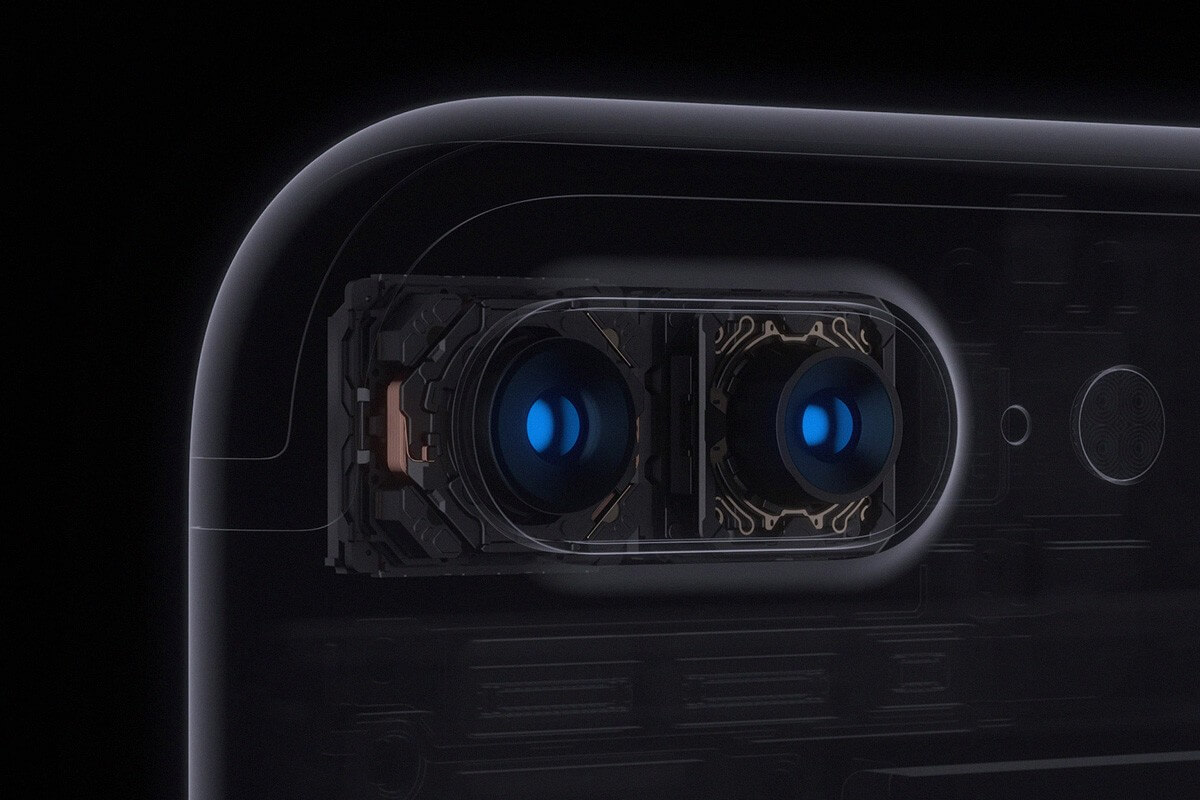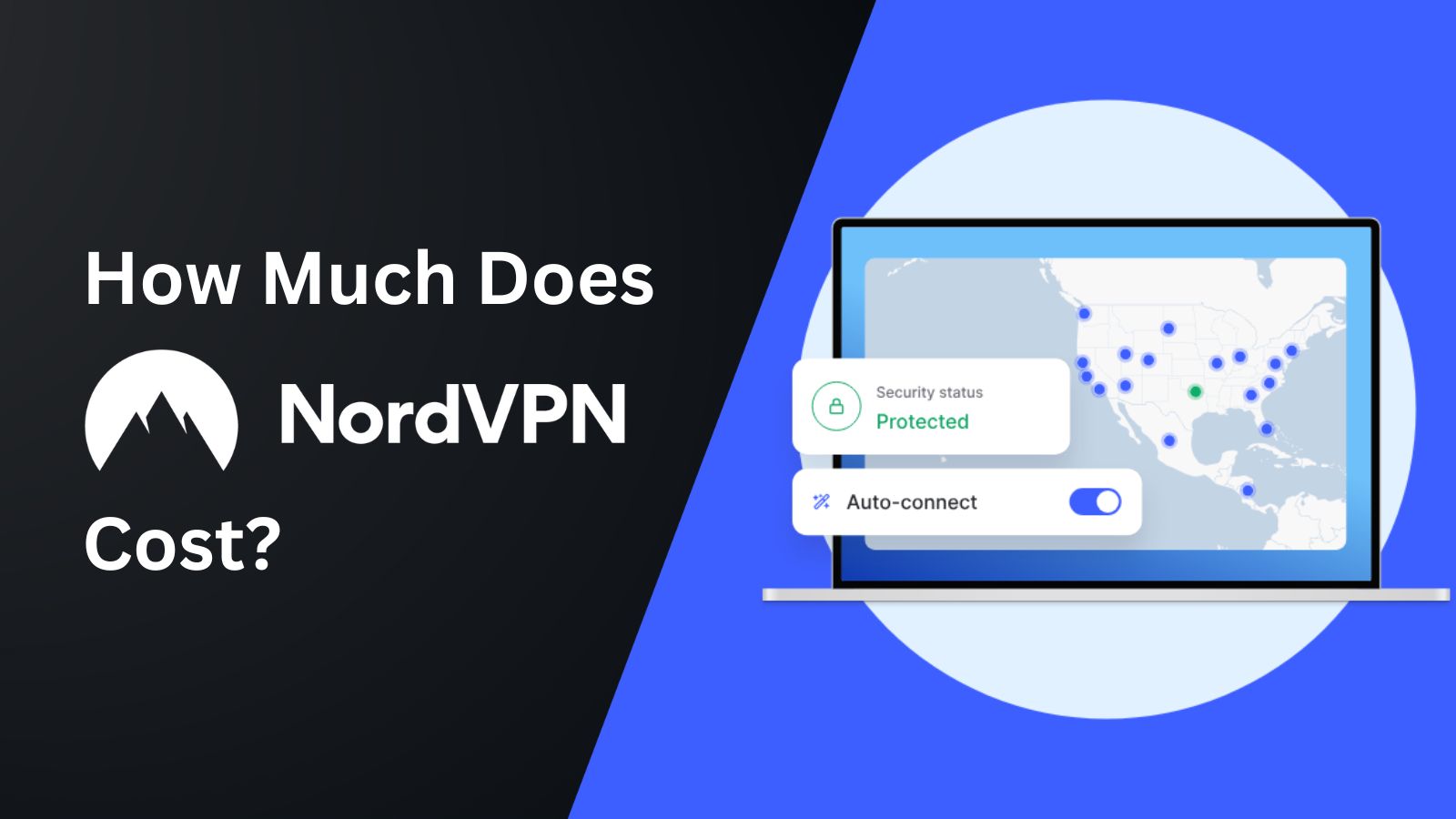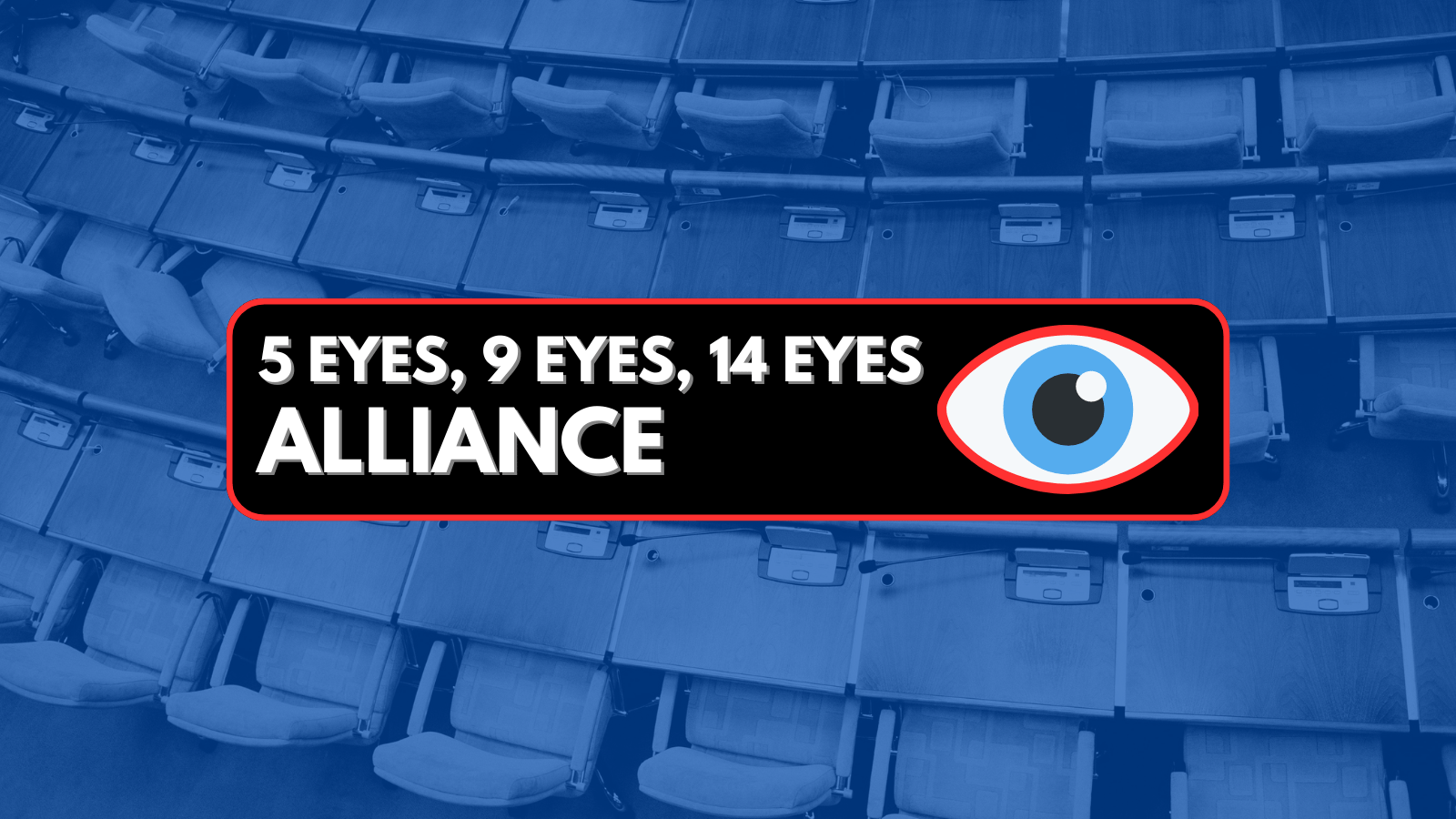
If Spying Drones are Getting You Down Here’s How to Fight Back
I love drones and have owned several over the last few years. These marvelous little flying machines have revolutionized the film industry and have made aerial mapping and photography accessible to almost anyone. They are also poised to start doing package deliveries.
So in many ways, drones are going to make our lives better and easier. The dark side of drone technology is that it gives governments, corporations, and individuals who can use drones to gather information on you.
Is there anything you can do to discourage or fight against spying drones? Let’s look at what options are available.
Read Up on Local Laws
Drones have been pretty disruptive and governments have been pretty slow when coming up with laws to regulate their uses. For the most part, these laws have first focused on air safety. In the US, for example, the FAA has laid down a series of regulations to ensure that drones don’t cause aircraft accidents or fly into power lines or over people.
Laws that regulate drones in terms of privacy have been slower to come out. It’s highly-advisable that you do some research on drone privacy laws for your own country or local region. Find out what your rights are and what isn’t allowed. Since these laws are currently under discussion, you should also keep tabs on which laws are likely to come into effect.
Just because there are no specific drone laws in place in your country or state, that doesn’t mean all is lost. Many anti-surveillance and privacy laws might already apply to the sorts of spying that can be done with drone technology.
Are You Really Being Spied On?
Since a drone is basically just a faceless flying robot, it’s not easy to figure out what it’s doing. Just because there’s a drone around, doesn’t mean it is spying on you. Obviously, if the machine is hovering inches from your bedroom window it’s pretty obvious things are not as they should be. However, if a drone is flying high above your property it's unlikely to be spying on you. At those heights, individual people are not identifiable and it's likely getting footage for some innocent reason.
Don’t Shoot Them Down
Some people have taken to using firearms such as shotguns to down drones they see flying over their property. While it might be tempting to become a drone hunter in this fashion, you can get in a lot of trouble.
Depending on where you live it might be illegal to discharge a firearm in an urban area unless it's for one of several very specific reasons. Depending on the laws where you live you might even end up having to foot the bill for the fallen drone. It's better to call in the authorities rather than taking the law into your own hands.
Anti-drone Weapons are Probably Illegal
Several specialized anti-drone weapons have been coming to market in the past few years. They have various approaches to bringing a drone down. Some fire a net, while others use radio jamming to cut off the drone's WiFi signal. This forces it to make an emergency landing. Where you can then disable it.
It's likely illegal to own any sort of radio jamming equipment and only spooky government agencies are usually allowed to have them. So if you use any sort of radio jamming to down a drone you could be in for a world of legal pain.
Film or Photograph The Drone
If a drone is filming you and you don't like it, you should immediately start filming it back. Take photos and video of it. There are a couple of reasons to do this. Your photos might reveal a serial number of FAA registration sticker. It will also help you confirm the make and model of the drone. Mostly, it's a way to provide evidence of what the drone was doing so that you can make your case to the authorities.
Follow the Drone
If the drone spy in question is still abiding by drone laws, then in most countries they must maintain a direct line of sight with their drone. That means you might be able to spot the pilot and identify them. I don't necessarily recommend that you confront them, but getting an address, car plate number or picture of their face could be useful.
Even if they aren't paying attention to the laws on line-of-sight, the drone still has to land within half an hour at most. So simply follow it to its landing spot to find out who has been looking.
Keep Blinds and Curtains Drawn
It's a sad state of affairs when you have to turn your home into a sort of prison just to maintain your privacy. However, unless you need them open for a good reason, you might want to ensure that blinds and windows remain drawn. Of course, this is also good advice if you want to keep those gosh-darn people with binoculars and telescopes from catching a glimpse of you doing a silly dance in your unmentionables.
Blind It
The privacy threat of a drone is centralized in the camera it carries. Just like the human eye, a digital camera has a light-sensitive sensor. You could try blinding a drone directly by using a powerful flashlight. You could also try disabling the camera with a handheld laser pointer. However, firing a laser pointer into the sky is illegal in some countries and aiming it at the camera lens is probably too tricky to be practical. Still, you never know.
Droning On
Drone laws and drone technology are still developing. The privacy problems that drones bring have a long way to go before we find a workable system. At some point in the future, it's clear that laws will be put in place to deal with the issue. Perhaps drones will have to come with a transponder. Maybe they will have clear large serial numbers on the side. We don't know yet what sort of solutions will be out there. However, we all might as well accept that drones are going to be a part of normal daily life. For better or worse.















